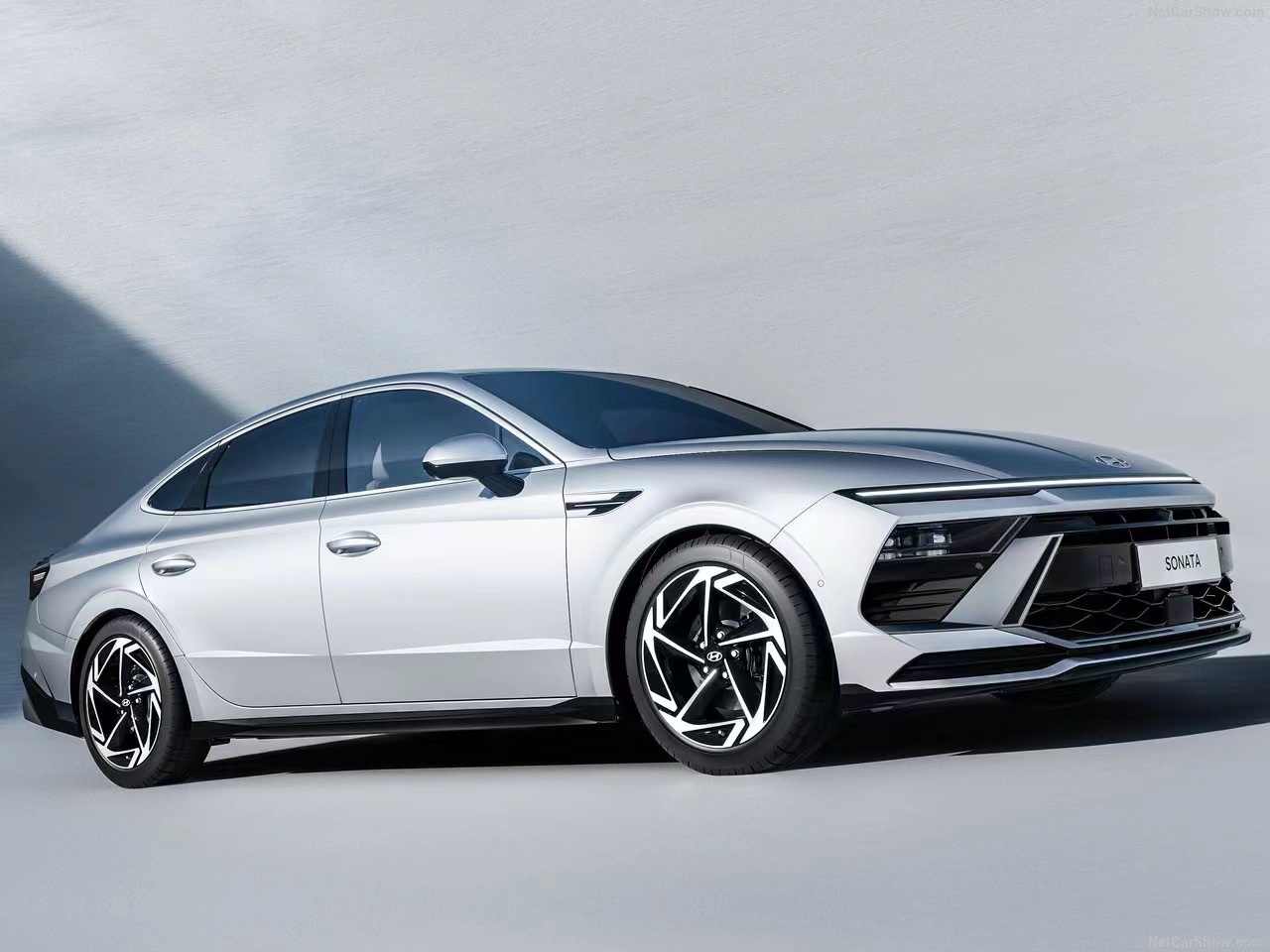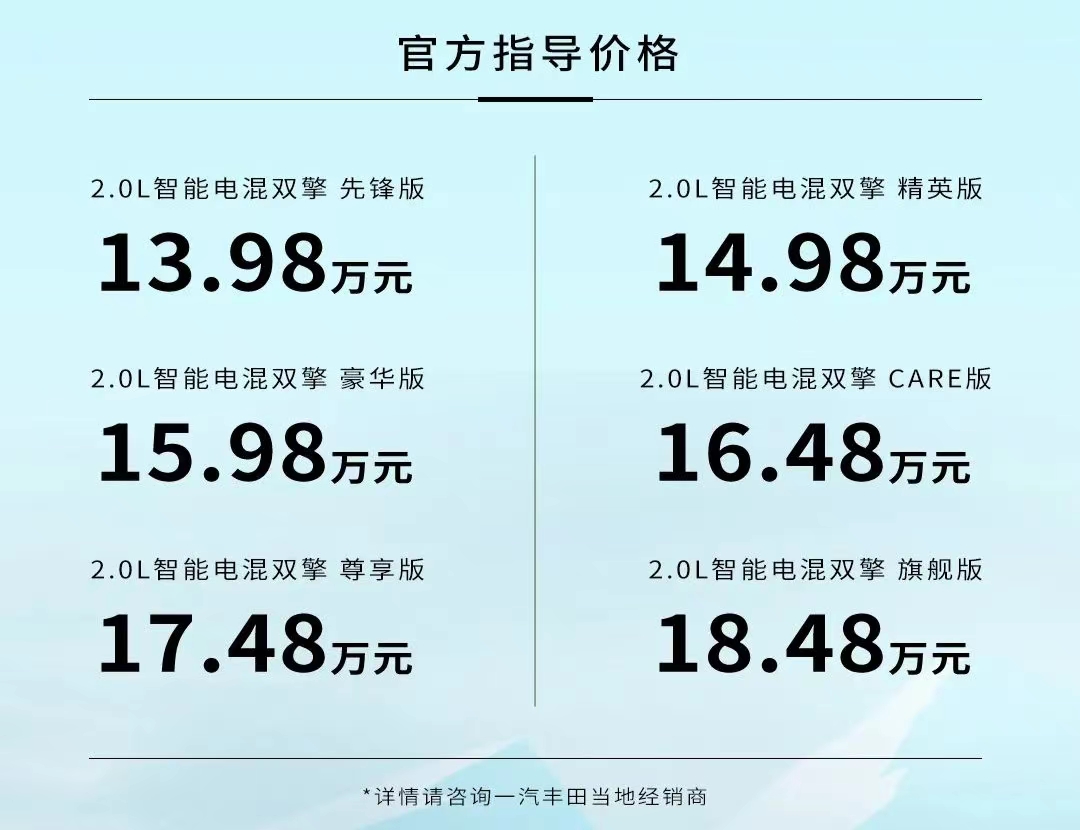In addition to Weibo, there is also WeChat
Please pay attention

WeChat public account
AutoBeta


2024-11-05 Update From: AutoBeta NAV: AutoBeta > News >
Share
AutoBeta(AutoBeta.net)10/01 Report--
Mazda, a Japanese carmaker that sticks to internal combustion engines, is also starting to compromise with electric cars. Mazda plans to invest 200 billion yen in China, which will be used to develop a new energy vehicle industry, the Nikkei News and other media reported on Oct. 1.

Since FAW Mazda announced its withdrawal, Mazda has only one joint venture company in Changan Mazda in China, and its models for sale include Mazda 3 Unksera, Mazda CX-5, Mazda CX-50 Xingya, Mazda CX-4 and so on. Taking the retail sales in the first eight months of this year as an example, Changan Mazda sold a total of 45403 vehicles, of which the highest-selling model was the Mazda 3 Encela, accounting for 46.09% of the total sales, followed by the Mazda CX-5, which accounted for 18666. The Mazda CX-50 line and the Mazda CX-30 were 5114 and 694 respectively.

Japanese car companies that once crushed their own brands are now facing a crisis of constantly diluting their market share. in the industry's view, the poor sales performance of Japanese brands in China, including Mazda, in addition to squeezing traditional fuel vehicles with domestic new energy vehicles, causing the latter's market share to shrink sharply, the more crucial reason is the slow progress of new energy vehicle products.
Among Japanese manufacturers, Nissan and Toyota began to deploy electric vehicles or plug-in hybrid models for a long time. For example, Nissan launched its first electric car, the Leaf leaf, in December 2010, Toyota launched the Prius hybrid model in 1997, and Mazda stuck to internal combustion engine technology. With the great innovation of the automobile industry, Changan Mazda, which is lack of new energy products, is in a very passive position under the environment of electrification. Mazda CEO Maolong Shenghong said in an interview last year that the auto industry is in transition and the competition is much fiercer than expected. Mazda's business in China may be difficult because of fierce competition in China's electric car market, and its strategy in China needs to be overhauled. At the same time, Mao stressed that he will not give up the Chinese market. Mazda aims to launch a number of new electric car models in China one after another, and has no plans to downsize. This time, Mazda plans to invest 200 billion yen in China to develop a new energy vehicle industry, which may also be a choice to comply with the trend of the car market.
Nowadays, the domestic market for new energy vehicles is gradually growing, and "fuel vehicles are becoming more and more difficult to sell" has become the consensus of joint venture car companies in China. According to the Federation of passengers, retail sales of 1.905 million vehicles in the domestic passenger car market in August, of which retail sales of new energy vehicles passed the million mark for the first time, 1.027 million, with a retail penetration rate of 53.9%, reaching an all-time high after the penetration rate exceeded 50% in July. In short, sales of new energy vehicles in China have exceeded those of fuel vehicles. In the country segment, the independent brand market retails 1.2 million vehicles, with a domestic share of 63%, occupying the leading position; the mainstream joint venture brand retail 480000 vehicles, of which the share of Japanese brands has fallen to 12.6%, German brands 16.6%, and American brands 5.7%. There are different trends of decline.
In addition to Mazda increasing investment in the development of new energy vehicle industry, at the 2024 World New Energy vehicle Congress a few days ago, senior executives of the three major German automakers, including Mercedes-Benz, BMW and Volkswagen, also expressed their willingness to strengthen cooperation with China's new energy vehicles and develop together with China's new energy vehicles. Among them, Mercedes-Benz will invest 10 billion yuan in new technology, with most of the investment going to the Chinese market.
According to the plan, Changan Mazda plans to launch two new energy models developed and produced in China by the end of 2024 and 2025, which will provide both pure electricity and plug-in power. Among them, two new models codenamed J90A and J90A-REEV based on Changan EPA platform were launched in 2024, and the added program and pure electric models are available in power, while the model codenamed J90A, EZ-6, has been pre-sold on September 28th with a pre-price of 16-200000 yuan. the car is a new energy car jointly developed by Mazda and Changan Automobile, and is positioned as a B-class new energy car, providing pure electricity and range-increasing power options. It is expected to go public in October.
The emergence of "EZ" means that Mazda's new energy products will have a new naming system, and the EZ-6, the first new energy flagship car, will also undertake the mission of boosting Mazda's sales in China after its launch. Industry insiders say it is expected that China's fuel vehicle market share will be further reduced by 2030, when 3/4 of the Chinese market will be electric vehicles. Against this background, I am afraid there is only time to tell whether Mazda, which is relatively small in the Chinese market, can rely on belated trams to create miracles. But what is certain is that with the rapid development of domestic new energy vehicles, the time and space left for joint venture brands including Mazda to give full play to is more and more limited.
Welcome to subscribe to the WeChat public account "Automotive Industry Focus" to get the first-hand insider information on the automotive industry and talk about things in the automotive circle. Welcome to break the news! WeChat ID autoWechat
Views: 0
*The comments in the above article only represent the author's personal views and do not represent the views and positions of this website. If you have more insights, please feel free to contribute and share.











© 2024 AutoBeta.Net Tiger Media Company. All rights reserved.